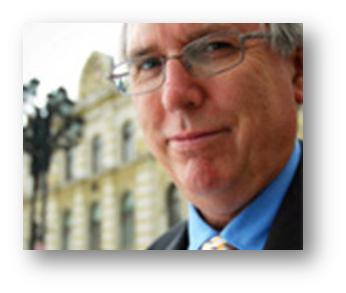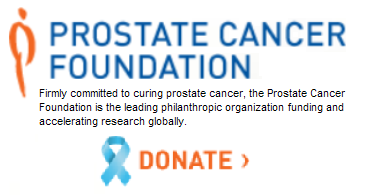[youtube=http://www.youtube.com/watch?v=1UkM0AbCriQ]
 Roger Plant
Roger Plant
Roger Plant, as former head of the ILO Special action programme to combat forced labour, set out to count the number of persons in forced labour in the world today. The premise: you can’t cure it if you can’t count it. The ILO global estimate of forced labourers—and of the profits made by slaveholders—have helped forge a worldwide governmental response.
Roger headed to Geneva, Switzerland in 2002 and was appointed at the head of the “special action program” that had just been created at the International Labour Organization (ILO), an agency of the United Nations. His goal at the ILO was to combat situations worldwide where people are forced to work against their will. The first challenge was to convince politicians, diplomats, business leaders and labour unions that slavery truly is a global problem.
“We’ve got to persuade public opinion,” Roger says, “and this is the importance of that headcount.”
The research team determined there are at least 12 million people forced to work against their will in the world today, generating nearly $32 billion in illicit profits for traffickers. The team was quick to say their figures were a minimum estimate, noting that they had uncovered just the “tip of a disturbing iceberg.”
Their reports came with the full force of the United Nations behind them. They are regarded as breakthroughs that helped propel governments and international institutions to take action. They created global benchmarks for measuring progress.
“I think probably the most important thing about this global estimate is not the aggregate number in itself,” Roger says. “It’s the light it shed on the forms of slavery-like practice in the world today.
“The more I got into it, the more I realized that this is not just small backward agriculture in the south Asian countries,” Roger says. “You can find slavery today affecting children, women and also men in major construction companies, in electronics, in automobiles, in shipbuilding, in the richest industrialized countries. I can tell you there is no country which is immune from this terrible problem today.”
Roger’s team at the ILO went on to study global migration and economic patterns that allow slave traffickers to prey on the disadvantaged. He has bucked the slow-and-soft approach that typifies international agencies, to build bridges among those who have the resources to make change. “Business has got to get together with governments, with trade unions, to tackle loopholes in legislation which is allowing modern slavery to proliferate around the globe,” Roger says.
Roger recently retired from the ILO, but he hasn’t stopped fighting. How long can Roger carry on? “As long as I’ve got energy,” he insists, “as long as I can keep moving.”
Roger Plant, winner of the William Wilberforce Award
The award is named after William Wilberforce, and is given periodically to an individual who has moved a major institution, government, business or large groups of people to significant action to fight slavery.
Free the Slaves created the Freedom Awards to celebrate today’s anti-slavery heroes and to catalyze additional innovation and resources to end slavery once and for all. The Awards program will define what successful, sustainable anti-slavery work looks like and build a vision of freedom for change-makers to adopt. More………
Free The Slaves
Free the Slaves knows that slavery flourishes when people cannot meet their basic needs. Slavery is rampant where poor people lack economic opportunities, education, healthcare and an honest government. A holistic approach is required to eradicate slavery forever. That’s why we:
- Free slaves around the world by working with grassroots organizations where slavery flourishes.
- Record and share their stories so people in power can see slavery and be inspired to work for freedom.
- Enlist businesses to clean slavery out of their product chains and empower consumers to stop buying into slavery.
- Work with governments to produce effective anti-slavery laws then hold them to their commitments.
- Research what works and what doesn’t so that we use resources strategically and effectively to end slavery. Forever.
Free The Slaves Organization www.freetheslaves.net
























 Watch this Video on A Better Way To Fight Harmful Free Radicals
Watch this Video on A Better Way To Fight Harmful Free Radicals

Just a small spelling error in the title. Abolishing.
Yes.. Opps.. Thank you very much!